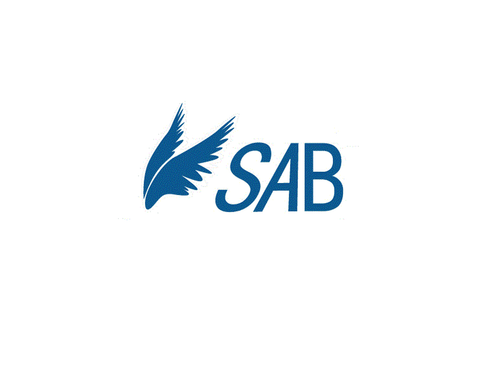Product Description
CST1 polyclonal Antibody | BS60505 | Bioworld
Host: Rabbit
Reactivity: Human,Mouse,Rat
Application: WB
Application Range: WB: 1:500~1:1000
Background: The cystatin superfamily is a well-established family of cysteine protease inhibitors. Cystatins A and B (type 1) are mainly intracellular; cystatins C, D, E/M, F, G, S, SN and SA cystatins are extracellular (type 2) ; and the kininogens are type 3 cystatins which are intravascular proteins. All true cystatins inhibit cysteine peptidases of the papain family, such as cathepsins, and some also inhibit legumain family enzymes. Cystatin SA, cystatin S and cystatin SN are found primarily in saliva. Cystatin S and SN can also be expressed in tears, urine and seminal fluid. Cystatin C is a related protein which is expressed in brain, thymus, ovary, epididymis and vas deferens. Cystatin D protects against proteinases in the oral cavity, while Cystatin E/M and F moderate the inhibition of cathepsin proteins. The fetuins, part of the cystatin superfamily, are secretable proteins that influence osteogenesis and bone resorption, regulation of the insulin and hepatocyte growth factor receptors and the response to systemic inflammation. High molecular weight kininogen (Kininogen HC) and low molecular weight kininogen (Kininogen LC) have varied roles, though they both inhibit the thrombin- and plasmin-induced aggregation of thrombocytes.
Storage & Stability: Store at 4°C short term. Aliquot and store at -20°C long term. Avoid freeze-thaw cycles.
Specificity: CST1 polyclonal Antibody detects endogenous levels of CST1 protein.
Molecular Weight: ~ 16 kDa
Note: For research use only, not for use in diagnostic procedure.
Alternative Names: Cystatin-SN; Cystain-SA-I; Cystatin-1; Salivary cystatin-SA-1; CST1
Immunogen: A synthetic peptide corresponding to residues in Human CST1.
Conjugate: Unconjugated
Modification: Unmodification
Purification & Purity: The Antibody was affinity-purified from rabbit antiserum by affinity-chromatography using epitope-specific immunogen and the purity is > 95% (by SDS-PAGE) .
Pathway:
 Euro
Euro
 USD
USD
 British Pound
British Pound
 NULL
NULL








